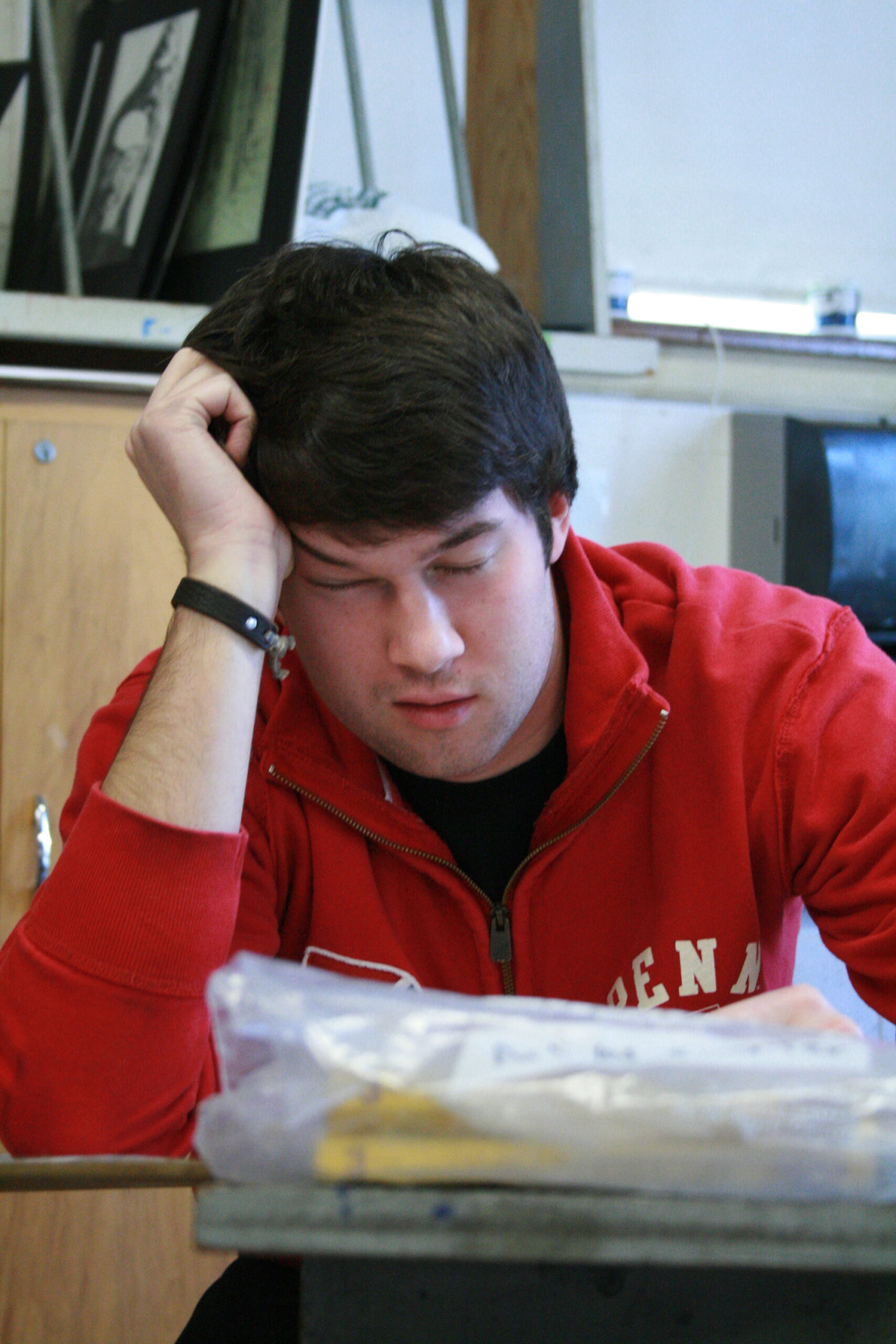I’ve already stayed up until 3:30 a.m. once in the past week. Yes, it was due to my poor planning skills, a tendency to overcommit, persuasive friends and a bad habit of reading too many online news sources (except for the stingy New York Times with their 5-articles-per-month limit, but that’s another perspective piece). When I also admit that I’m a recovering perfectionist, a destructive pattern emerges.
I’m not alone in this, though. As college students, most of you have experienced exactly what I have: a big project (or two or three or twenty), looming deadlines and just not enough time.You stay up late, get up early, drink caffeine, take a quick afternoon nap and probably stay up late the next night, too.
If you’re like me, you know this is a bad pattern. You know sleep is important. Yet according to a 2008 study by the National Sleep Foundation, 63 percent of college students do not get enough sleep. The Center for Disease Control even declares that “insufficient sleep is a public health epidemic.”
Problems arise when students don’t sleep for the recommended seven to nine hours each night. They may have large projects and piles of homework, they are involved in clubs or sports, they work or volunteer and they want to have a social life, too. By taking on too much responsibility, they can’t accomplish everything if they need to get to bed on time.
When students miss out on sleep, they flirt with trouble. Sleep deprivation can result in depression, headaches, weight gain, impaired immune system, symptoms similar to ADHD and impaired judgment. In extreme cases, sleep deprivation can cause hallucinations and eventually death.
Some people believe that sleep is like money invested. If you short yourself two hours a day for a workweek, you’re in sleep “debt” for 10 hours. But you’re probably not going to sleep for your expected eight hours and then an additional 10 hours on a Saturday, for a total of 18 hours.
Weekends are time for hanging out with friends and catching up on social time. Staying up late on weekends doesn’t help students who are already in “sleep debt.”
I know that I’m not getting enough sleep. I’m not thinking as clearly as I could, and none of my responsibilities—my homework, jobs, friendships and commitments—are being handled with as much care as I would normally give them.
I need to stop. I need to allow myself to be tired, and then do something about it. I need to finish my homework earlier, and chose to say no to others sometimes. Mostly, I need to stop pushing myself too hard, and go to sleep.
I’m going to commit to getting some much needed sleep this week. Hopefully you will, too.



